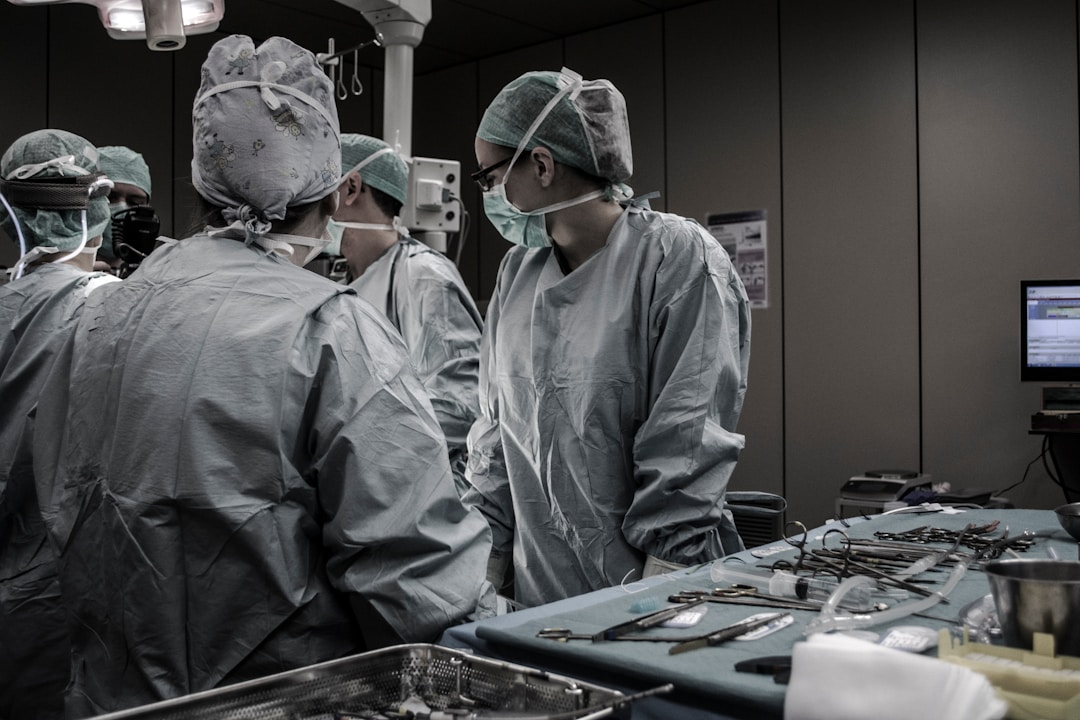Even the best doctors are capable of making mistakes, which is why it’s important for you, as a patient, to always consider the option of getting a second opinion if you have any doubts or questions. Whether it’s after an initial consultation or after attempting a treatment that didn’t work, there are a lot of reasons for people to choose to seek out further expertise when dealing with complicated medical issues or seeking out additional treatment options. Even if the second doctor agrees with the first, the confirmation can provide peace of mind, or they might have a treatment option that your first physician hadn’t considered. If you’re contemplating seeing a new doctor about a medical issue you’re struggling with, read on to learn about four of the most common reasons for getting a second opinion.
1. Your symptoms persist after treatment.

If you’re unsure when to get a second opinion, try the treatment plan presented at your first consultation. If your symptoms continue or worsen, it might be time to talk to another doctor. You know your body and how you feel regularly better than anyone else, so if something isn’t quite right, speak up. Don’t assume that pain, soreness, or residual discomfort are normal unless you’re sure that it’s typical for that type of recovery. You can even use online tools to learn about other experiences or see if what you’re feeling is in line with your diagnosis and the side effects of the treatment plan your clinician has recommended.
2. The treatment involves surgery or other has lifelong consequences.

Even minor surgeries carry some risks, especially surgeries that require general anesthesia. If your doctor tells you that you need surgery, it’s not a bad idea to talk to a second doctor and see if there are any other options that you can try before proceeding with surgery. Many patients feel that when a doctor recommends a procedure, they have no choice but to go through with it, but that isn’t true. A lot of conditions and medical problems have multiple treatment options and there may be alternatives you can try before something more drastic like an operation that will require physical therapy for recovery. Make sure you’re making an informed decision before opting for something extreme.
3. You’re diagnosed with or think you may have a rare disease.

When your symptoms are consistent with or you’ve been diagnosed with a rare disease, it’s important to remember that the fact that these diseases are rare means that there isn’t as much research on them for doctors to rely on. This means it can be difficult to accurately diagnose them and treat them properly, and your first doctor may not be intimately familiar with the disease if it’s outside their specialty. There are more than 7,000 disorders that are classified as rare, with new ones discovered regularly, according to the Genetic and Rare Diseases Information Center, so it’s worth it to take the extra time and get a second opinion, and even a third opinion, to make sure your diagnosis is accurate.
4. Your gut says something is off.

Believe it or not, this is more than enough of a reason to get a second opinion on a diagnosis. It matters if you feel comfortable with your medical care, and, if your current doctor makes you feel uneasy, it’s okay to see a different one. Studies also show that getting a second opinion is often worth it. If you find that you have ongoing medical anxiety that interferes with your regular activities, you might want to look into professional help, like this therapist in Northern Virginia. Some apprehension when approaching medical treatment is normal, but it shouldn’t consume your life or prevent you from seeking help when you have a real problem.
It’s important to remember that you are your best advocate when it comes to handling medical treatment, and that you’re not being difficult for wanting a second opinion, especially when considering a potentially life-altering treatment option like surgery. Even if the first doctor ends up having been correct, you’ll have learned more about what medical issues and medications you’re dealing with. It’s always important to participate in your healthcare and make sure you’re comfortable with your treatment plan. If your doctor is hostile or aggressive about you seeking another opinion or questioning the meaning of your test results, it might be a sign that you have the right instinct and you need a new doctor.

